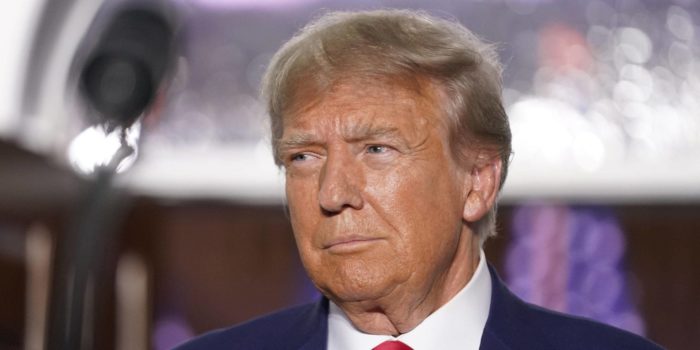(Luis Cornelio, Headline USA) The Federalist, a conservative news outlet, has unveiled a critical finding in the ongoing legal battle surrounding Georgia’s 2020 election results.
According to their bombshell report, Fulton County District Attorney Fani Willis possesses evidence that raises questions about the indictment of several Republicans, including David Shafer and Ray Smith, in connection to the election controversy.
Willis’s August 14 indictment alleged that Republican electors for former President Donald Trump were involved in an unlawful “conspiracy” to overturn Georgia’s 2020 election results. However, the Federalist uncovered a transcript from a crucial meeting on December 14, 2020, which contradicts these allegations.
As reported by the Federalist, the transcript directly shows that the GOP electors did not seek to violate the law but to legally preserve Trump’s challenge to the state’s election results. Willis, through her indictment, claimed the electors broke the law when they allegedly impersonated public officers.
Shafer, among others, emphasized that they were acting as “Republican nominees for Presidential Elector,” not as “duly elected and qualified” presidential electors. The rationale at the time was that if Trump’s lawsuits succeeded, the then-president would have electors ready to cast the ballots in his name.
The transcript revealed that the meeting was convened to ensure the protection of Trump’s legal rights, given that his election challenge against Brad Raffensperger, the Georgia secretary of state, was pending. This context is essential in understanding the actions of the Republican electors involved, the Federalist reported.
EXCLUSIVE: Fani Willis Possesses Evidence Exonerating Georgia’s Alternate Electorshttps://t.co/jSWUpfmxD4
— The Federalist (@FDRLST) September 1, 2023
The report also draws parallels between this situation and the 1960 presidential contest between John F. Kennedy and Richard Nixon, where electors for both candidates were named due to a dispute over electoral votes. The report suggests that the alternative electors would have ensured the expression of the Georgia people’s will if the court had ruled in Trump’s favor.
“Unlike Kennedy, Trump never had his day in court over his legal challenges to those votes and others, but had the court ruled in Trump’s favor, the alternative electors would have been in place to ensure the will of the Georgia people was exercised,” the report concluded.

